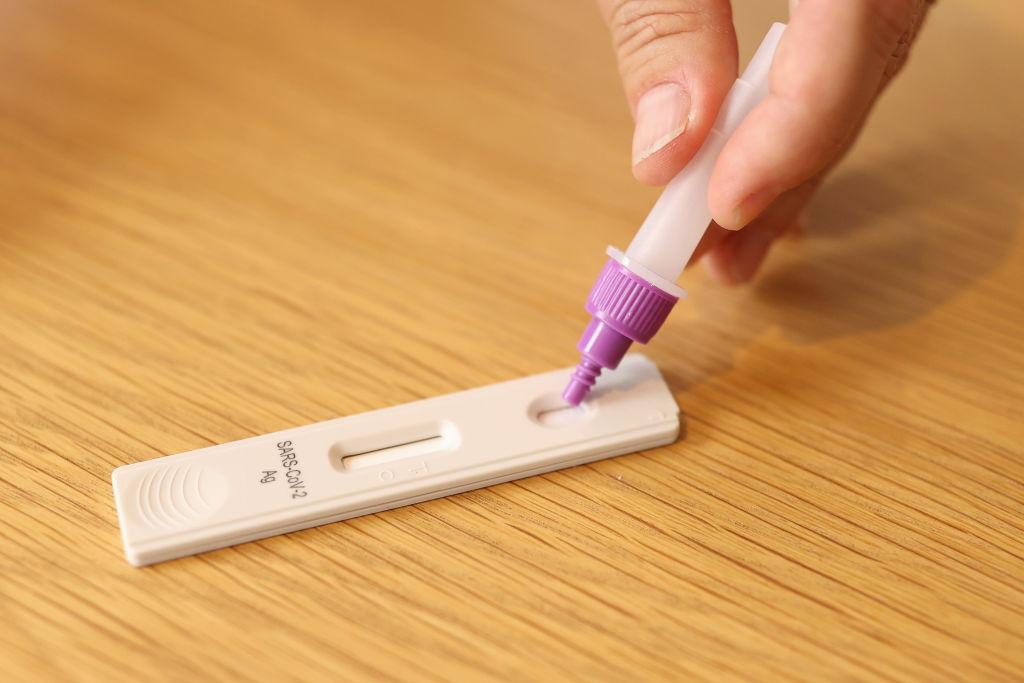Unless the state and federal governments make rapid antigen tests (RAT) freely and widely available, Queensland businesses could pay around $45 million a week to provide them to staff as a “first line of defence” against COVID-19, according to the state’s industry peak body.
In the month since Queensland opened its borders, the Omicron strain of the novel coronavirus has seen widespread staff shortages, supply chain disruptions, and impact on the ability of many businesses to maintain operating hours and services.





